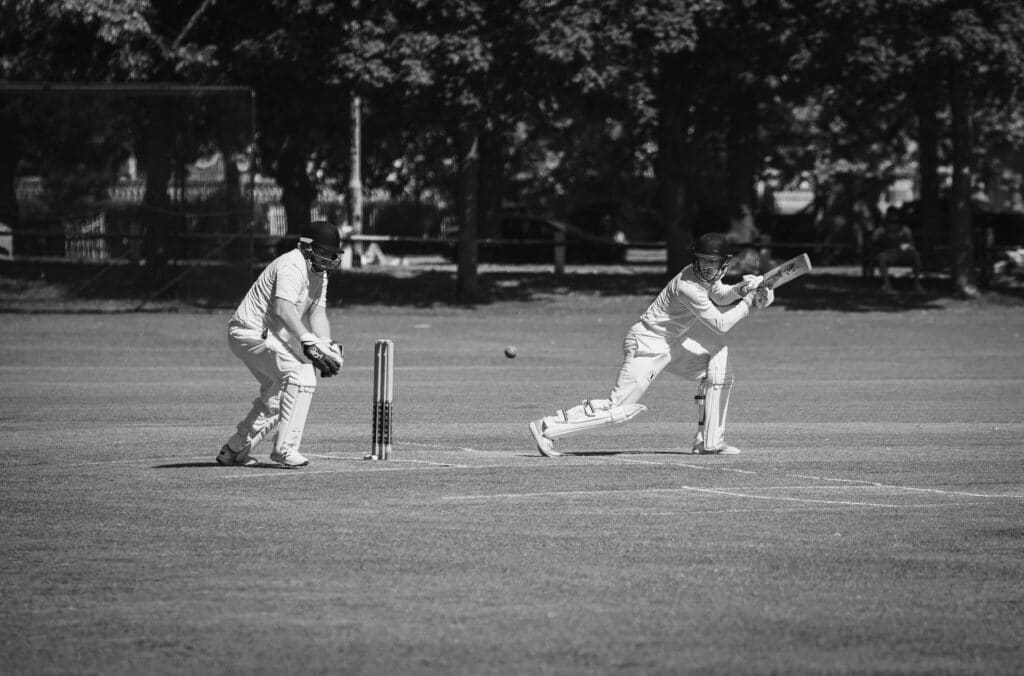Growing pains – how can physio help?
What we’ll cover
Growing pains – how can physio help?
Does your child experience growing pains? Throughout the year we constantly see sporting fields and parks inundated with children. It is not uncommon for children to go from one sporting season to the next, or even do multiple sports within the one season. With such an active younger population, Malvern East Physiotherapy regularly sees children with growing related pains.
What are growing pains?
The underlying cause of pain is muscular. During periods of sudden growth or increased activity, your child may complain of pain in the legs. As bones develop and grow faster than muscle, muscles are placed under increased stretch and tension resulting in pull on the bones.
Physiotherapy has been proven to be effective in decreasing pain quickly and speeding up the recovery process through a combination of hands on therapy and simple exercises. Early physiotherapy intervention will prevent your child developing postural changes, muscle weaknesses and imbalances, or altered technique associated with pain.
What common growing pains can occur?
Growing pains that we commonly see at Malvern East Physiotherapy include:
Osgood Schlatters
Pain is located just below the knee. It commonly occurs as the quadricep muscle pulls on the insertion below the knee cap.
Severs disease
Pain in the heel where the achilles attaches to the bone. Muscle tension and inflexibility of the calf results in inflammation and irritation of the bone.
Shin splints
Not isolated to the younger population but pain can be located on either side of the shin depending on which muscle groups have been affected.
What are the symptoms of growing pain?
Growing pains can vary in presentation. Commonly, there may be a rapid period of growth in conjunction with the development of pain. Sudden increases in activity can also contribute to episodes of growing pain.
Symptoms of growing pain can include:
- Local pain around muscle attachment points around the knee, shins or heel
- Pain during activity
- Pain may decrease as your child “warms up”
- Limping during activity or for periods following activity
- An ache or burning pain
- Can include night pain
Should my child stop sport due to growing pains?
Children can often continue with their chosen sporting activities. Your physiotherapist can assist to find a level of activity that doesn’t aggravate or increase symptoms. This may include modifying training to include more skill based activities that do not involve as much running. Should sport or other activities increase symptoms, ice can be used afterwards to reduce pain.
In severe cases, your physiotherapist may encourage periods of rest from sport. During this period, cross training or participating in alternate activities can be encouraged. These cross training activities may include swimming or cycling.
How do physiotherapists assess growing pains?
Our team at Malvern East Physiotherapy sees a range of growing related pains. Our physiotherapists will thoroughly assess joint range of motion, flexibility, strength and physical tests of surrounding structures. In addition, our team will also assess your child’s posture, technique and biomechanics in order to identify if these factors affect symptoms.
Medical imaging is rarely required for the diagnosis of growing pains.
Physiotherapy treatment of growing pains
Once your physiotherapist has diagnosed growing pains, a range of treatment strategies can be implemented. The initial aim of physiotherapy is to reduce pain by reducing inflammation and improving muscle flexibility. This may include soft tissue work and stretching to lengthen tight muscles. Mobilisation of stiff joints may also be necessary if contributing to reduced flexibility.
A simple home exercise of stretching and strengthening will also be implemented. These exercises can be incorporated into existing sport or daily tasks such as stretching whilst brushing teeth.
Strengthening the core and stability muscles can also be important especially if growing pains are related to biomechanics or technique issues.
If you think your child may be experiencing growing pains, book today for your initial assessment by calling 9571 6888 or online.














